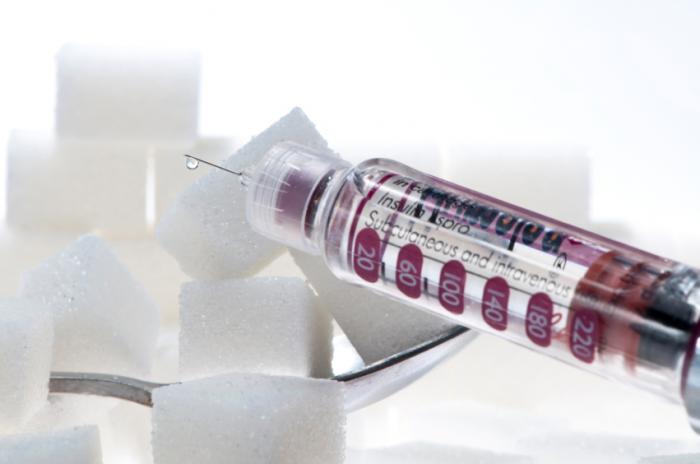-
Tips for becoming a good boxer - November 6, 2020
-
7 expert tips for making your hens night a memorable one - November 6, 2020
-
5 reasons to host your Christmas party on a cruise boat - November 6, 2020
-
What to do when you’re charged with a crime - November 6, 2020
-
Should you get one or multiple dogs? Here’s all you need to know - November 3, 2020
-
A Guide: How to Build Your Very Own Magic Mirror - February 14, 2019
-
Our Top Inspirational Baseball Stars - November 24, 2018
-
Five Tech Tools That Will Help You Turn Your Blog into a Business - November 24, 2018
-
How to Indulge on Vacation without Expanding Your Waist - November 9, 2018
-
5 Strategies for Businesses to Appeal to Today’s Increasingly Mobile-Crazed Customers - November 9, 2018
Could Insulin Pills Prevent Diabetes? Big Study Seeks Answer
Many recent advances in treating diabetes have focused on making the disease more manageable by allowing those affected to measure their glucose levels more quickly and with less pain. If the levels are high, the protein would automatically react with glucose which in turn dissolves the HA tiny pockets that releases enough amount of insulin for the body.
Advertisement
The condition also known as “juvenile diabetes” gets its name from the statistics that out of 1,25 million people afflicted in America, 200, 000 are all under the age of twenty. Therefore, Type I diabetes patients have to take insulin daily to replenish the waning insulin levels, through either injections or insulin pump therapy.
Even after injecting the insulin, there is still a significant amount of time that needs to pass before it can affect a person’s system. Francis J. Doyle III and colleagues wanted to find a way to make monitoring and insulin delivery automatic and needle-free.
Doyle and his team designed an algorithm that keeps track of blood sugar levels in the human body and calculates how much insulin is needed to counteract imbalances. The algorithm is created to work with implanted devices, specifically with an artificial pancreas, and would overcome the delays experienced with current devices.
The only issue with these methods was that they lagged between when a dose is needed and when it starts showing effect in a person’s body, said researchers. The artificial pancreas by incorporating the algorithm, calculated accurately when a dose of insulin was required by the patient.
Early tests of the artificial pancreas have proven positive. Through computer simulations, researchers found that 80% of the time, blood glucose target ranges was met.
Commenting on the device, one of the research authors and professor at the University of North Carolina and North Carolina State University, Zhen Gu said, “Inspired by the biomedical design, we tried to mimic the function of the beta cells and the releasing (of insulin) at the right time and in the right places”.
Advertisement
The researchers say they hope the artificial pancreas will be available for type 1 diabetes patients in the next 5 years, though the next step for the team is to conduct animal testing to “evaluate the in vivo performance” of the device.





























